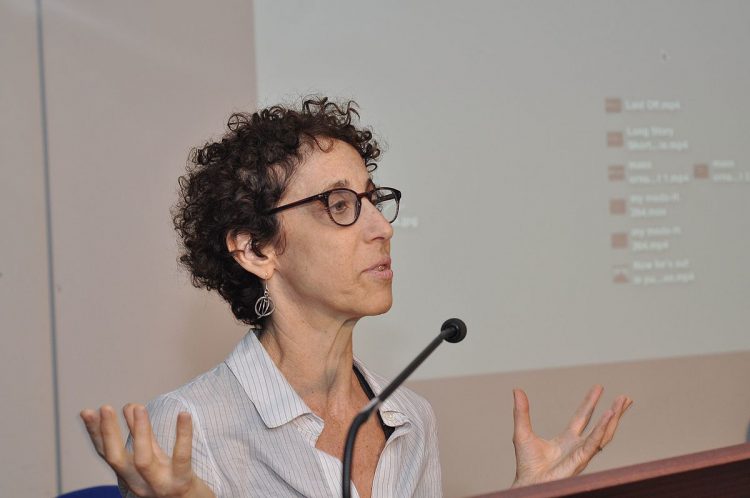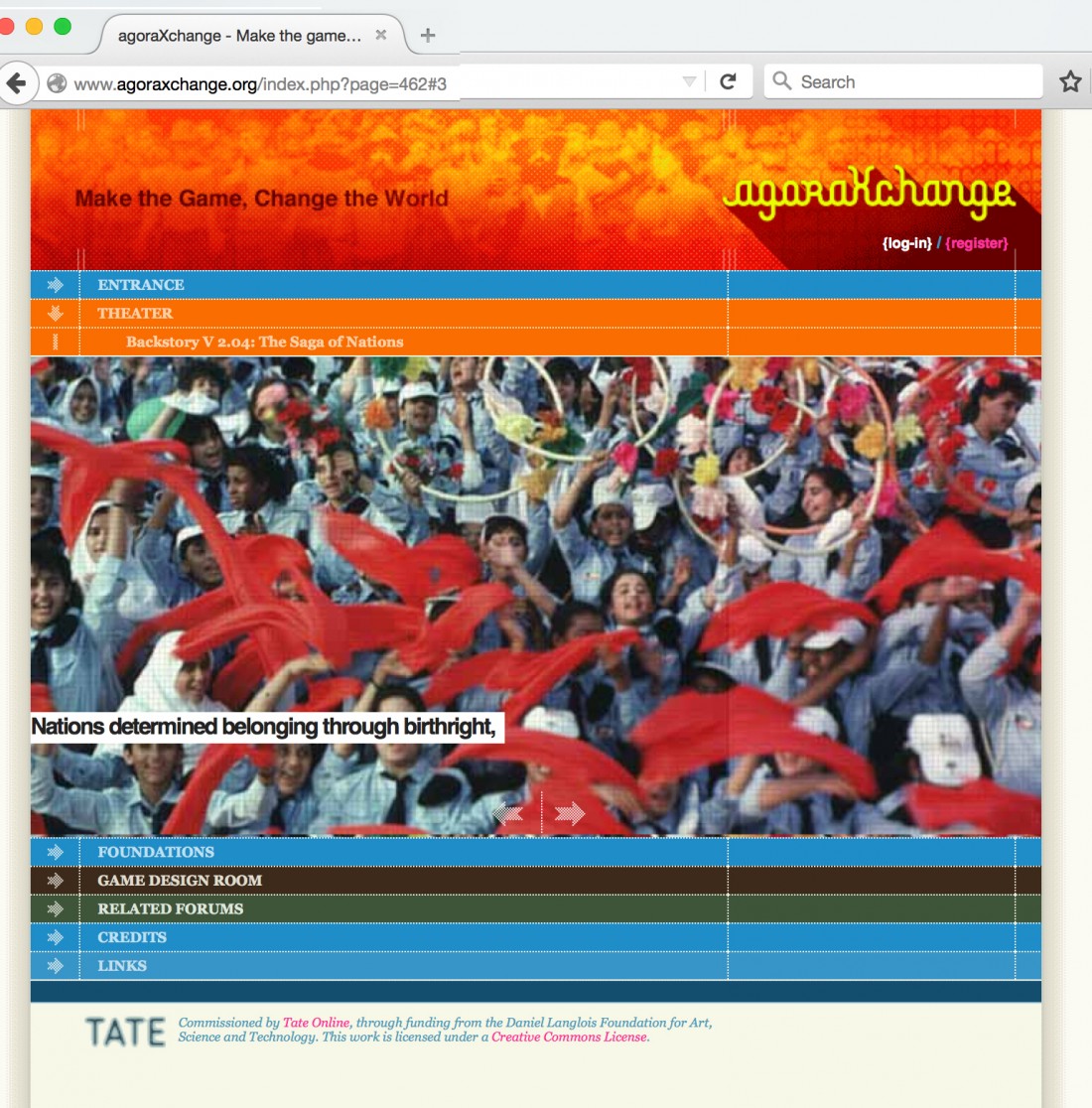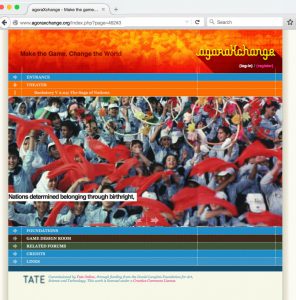
Natalie Bookchin
Los Angeles, CA
Natalie Bookchin's video installations address conditions of global connectivity and the impact of everyday uses of new technologies on the stories we tell about ourselves and the world. Her work has been exhibited at venues including LACMA, PS1, Mass MOCA, the Generali Foundation, the Walker Art Center, the Pompidou Centre, MOCA Los Angeles, the Whitney Museum, the Tate and Creative Time. She has received numerous grants and awards, including from California Arts Council, the Guggenheim Foundation, the Durfee Foundation, the Rockefeller Foundation, California Community Foundation, New York State Council for the Arts, Daniel Langlois Foundation, COLA Artist Fellowship. Most recently she has received an Artistic Innovation Award from the Center for Cultural Innovation. Bookchin studied at the School of the Art Institute of Chicago, the Whitney Independent Study Program and SUNY Purchase. From 1999–2000 Bookchin organized an eight month series of lectures and workshops on art, activism and the Internet at CalArts, MOCA in LA and Laboratorio Cinematek in Tijuana. She lives and works in Los Angeles, where she is Director of the Photography & Media Program in the Art School at CalArts.

agoraXchange
Natalie Bookchin
Artist BioagoraXchange was initiated by Natalie Bookchin and [political theorist] Jacqueline Stevens as an online community focused on designing a multi-player game. Throughout 2003, Bookchin and Stevens implemented various incentives intended to solicit contributions, creating a forum for the exchange of ideas, where people were asked to work together and engage in an open dialogue. Participants were encouraged to answer questions that prompted them to make decisions about the game design and, in the process, explore political alternatives to the present global order by accommodating four decrees that challenged present conventions for awarding nationality and wealth. A committee of artists, activists, and political theorists convened to review the contributions, and propose three distinct game prototypes. A jury, comprised of agoraXchange participants, then voted on the proposals and decided on the final game to be developed.
